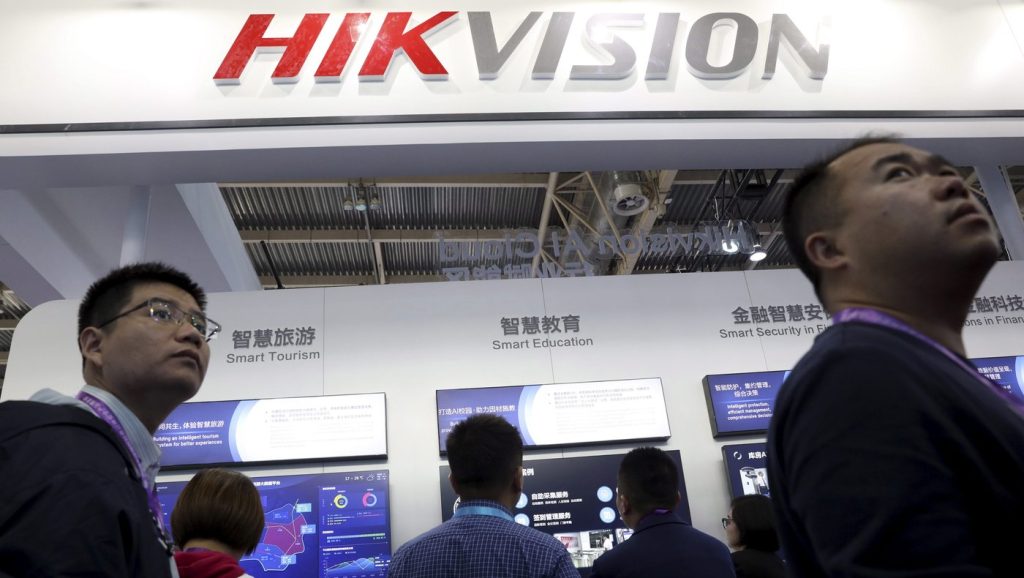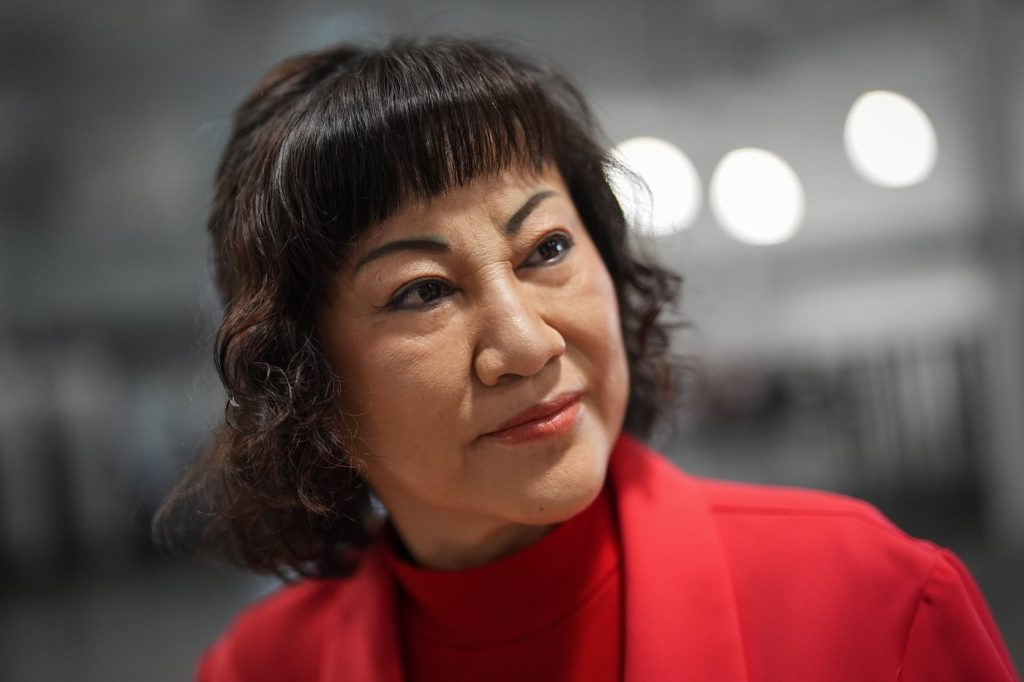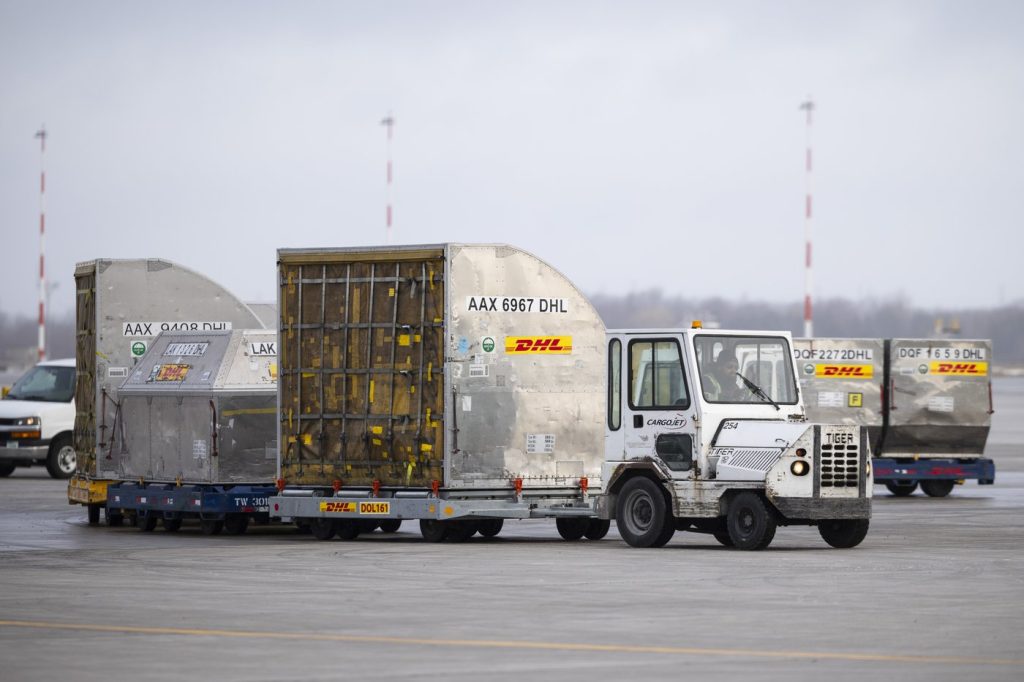The Canadian federal government has mandated Hikvision Canada Inc., a subsidiary of the Chinese surveillance equipment manufacturer Hikvision, to cease its operations in Canada due to concerns regarding national security. Industry Minister Mélanie Joly announced this decision following a national security review conducted under the Investment Canada Act, indicating that the evidence assessed by Canada's security and intelligence community led to the conclusion that allowing Hikvision to continue its business in Canada would pose risks to the country's national security.
Hikvision, formally known as Hangzhou Hikvision Digital Technology Co. Ltd., is recognized as the world's largest manufacturer of surveillance equipment and has had a presence in Canada since 2014. The company has faced scrutiny and sanctions in various countries, including the United States, Australia, and the United Kingdom, primarily for its alleged involvement in providing surveillance technology used in the Xinjiang region. This area has been linked to severe human rights abuses against the Uyghur population.
Following these allegations, major retailers such as Best Buy, Home Depot, and Lowe’s have reportedly ceased selling Hikvision products. However, the Canadian government has not publicly disclosed the specific concerns that prompted the review of the company. The Investment Canada Act permits the government to investigate any foreign investments that might endanger national security and to compel any enterprise deemed a risk to exit the country.
In response to the government's decision, Hikvision expressed its strong disagreement, characterizing the order as lacking factual basis, procedural fairness, and transparency. In a public statement, the company argued that the decision appears to be influenced by broader geopolitical tensions rather than an objective evaluation of its technology's cybersecurity merits. They contend it reflects an unjustified bias against Chinese companies.
Hikvision claimed that it had cooperated fully with Canadian authorities during the review process, providing timely and comprehensive responses along with detailed documentation. Despite these efforts, Hikvision asserted that the government imposed its decision without addressing the facts that the company had presented.
Alongside the directive to shut down Hikvision Canada, Minister Joly has also initiated measures to ensure that the federal government, including its departments, agencies, and Crown corporations, do not utilize or procure equipment from Hikvision. Joly indicated that a review of government properties is underway to eliminate the use of any existing Hikvision products in the future.
Although she did not call for private citizens to refrain from using Hikvision technology, she urged Canadians to take note of the government’s decision and make informed choices accordingly.
This situation highlights the ongoing tensions surrounding foreign investments from countries regarded as security threats, particularly concerning Chinese technology firms. As the geopolitical landscape evolves, nations like Canada are increasingly scrutinizing foreign companies operating within their borders, emphasizing the importance of national security in their business regulations.












